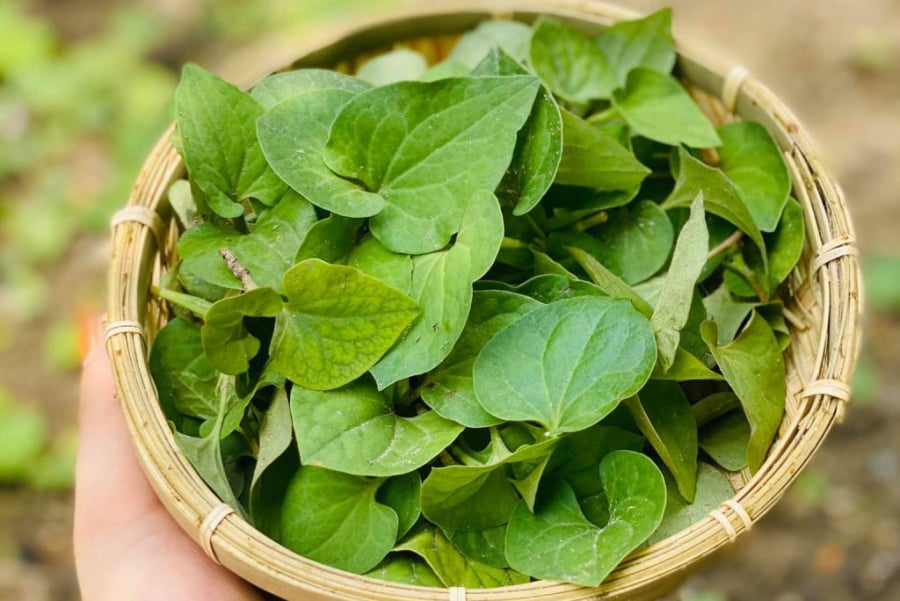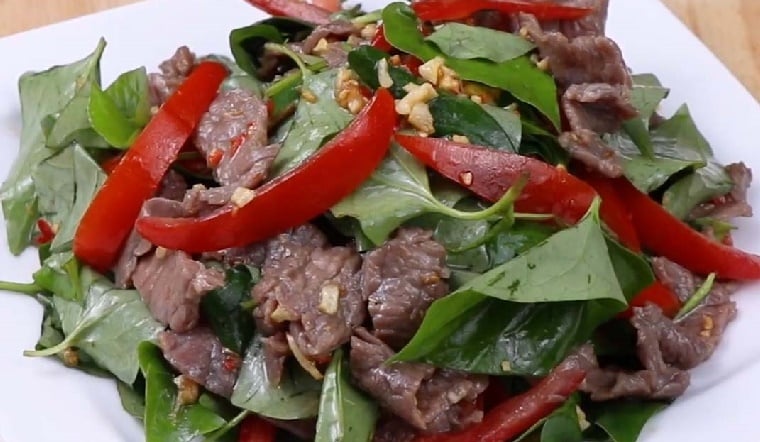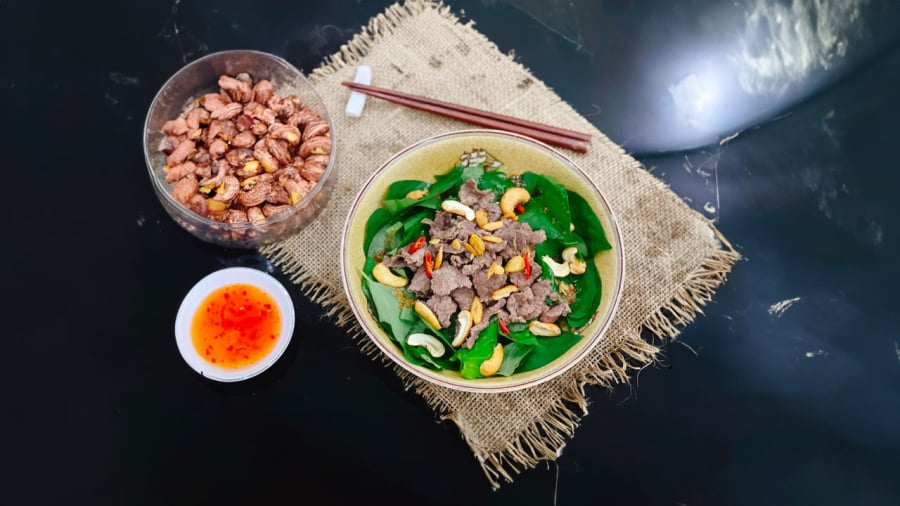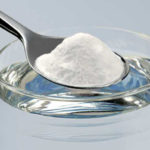Parsley is not only known as a common spice but also contains many beneficial nutrients for health. According to the Vietnam Food Composition Table provided by the Ministry of Health, in every 100g of parsley, it contains: 91.5g water, 22 Kcal energy, 2.9g protein, 2.7g carbohydrates, 1.8g fiber, 68mg vitamin C, and 620 µg beta-carotene. Notably, the amount of vitamin C in parsley even exceeds the amount of vitamin C in the same weight of oranges, with oranges only having about 40mg of vitamin C per 100g. Besides the common function of reducing fever, parsley also provides many other health benefits.
Supports blood sugar management
Parsley, with its high fiber content and vitamin B, is considered a useful food for people with diabetes. The vitamin B in this vegetable also plays an important role in reducing homocysteine, an amino acid that can increase the risk of heart disease when consumed in excess.
Studies have shown the ability of parsley to support blood sugar control, contributing to the management of blood sugar levels in people with diabetes. The antioxidants in parsley also protect the beta cells of the pancreas, helping to prevent damage caused by complications of diabetes.
In addition, the juice made from parsley contains active ingredients that can fight against diabetes and participate in regulating and stabilizing blood sugar levels. Therefore, parsley is also considered a potential treatment method for people with diabetes.

Supports weight management
Due to its high fiber content, parsley not only promotes healthy digestive activity but also helps to limit fat accumulation, including stubborn fat areas such as thighs, arms, and calves. Drinking parsley juice is also suitable for people following a diet and wanting to effectively control body weight.
Supports acne treatment and detoxification
Parsley contains compounds with functions similar to antibiotics and anti-inflammatory properties, making it a good choice for treating acne-prone skin. The simple way to use parsley is to clean the leaves, drain them, crush them, and mix them with a little salt to create a mixture. Applying this mixture to acne-prone areas will effectively reduce inflammation, swelling, and pain.
Parsley is also famous for its detoxifying ability, helping to maintain healthy and rejuvenate the skin, improve conditions such as dark spots, eczema, dandruff, and acne. The antioxidants in parsley also contribute to cleansing the skin, reducing inflammation, and promoting the skin regeneration process, significantly improving various skin issues.

Strengthens the immune system
Consuming parsley plays a supportive role in the immune system, promoting the production of white blood cells, helping the human body maintain good health and enhance defense against external factors for all ages, from children to the elderly.
Side effects of using parsley incorrectly
Parsley is used as a herbal remedy in traditional medicine, but using it incorrectly can be harmful. Eating too much parsley can increase pressure on the kidneys due to its cooling nature and diuretic effect. People with a cold constitution who use this vegetable may experience diarrhea and abdominal chills. In addition, consuming too much parsley can also lead to blurred vision and dizziness due to the rapid decrease in water volume and electrolytes in the body, causing low blood pressure. On the other hand, only consuming parsley without balancing with other foods can lead to deficiencies in nutrients and affect the body’s ability to absorb nutrients from other types of food.

Precautions when using parsley
When consuming parsley, pay attention to the following recommendations:
– Make sure to wash parsley thoroughly and soak it in a diluted saltwater solution to remove bacteria and parasites.
– The consumption of parsley should be controlled; only consume a moderate amount each day, about 20-40g of fresh parsley is enough.
– Avoid drinking parsley juice on an empty stomach due to its high vitamin C content, which can cause discomfort to the intestines and damage the stomach.
– People with sensitive stomachs, cold constitutions, who often feel cold in their hands and feet, or are prone to stomach pain due to coldness should avoid drinking parsley juice after 10 pm.





































